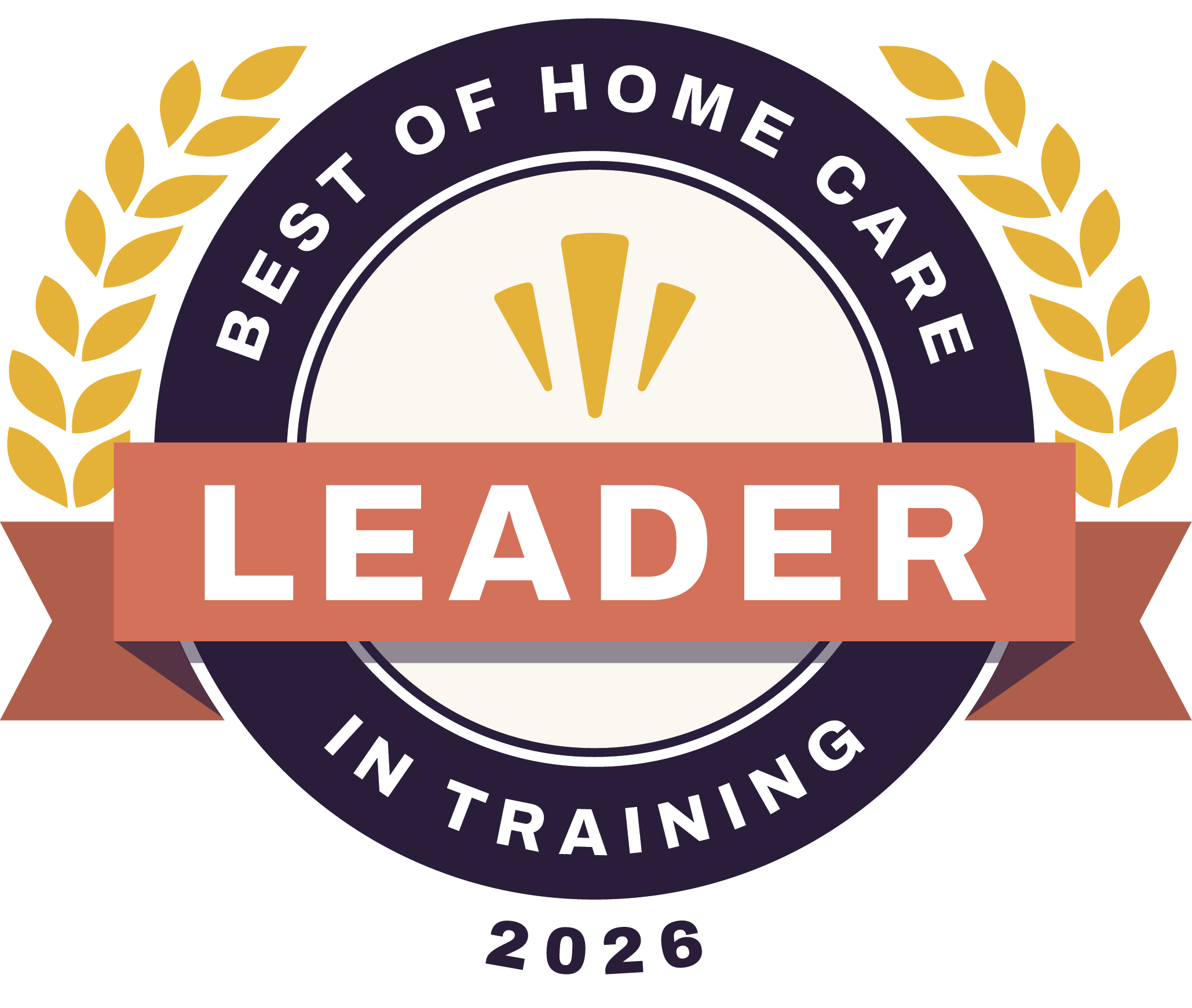Heart Disease Impacts The Entire Family
You can be thrust into caregiving by a life changing event such as a heart attack or it can be a slow descent like when someone is diagnosed with Congestive Heart Failure (CHF).
Either way, according to the CDC, “Heart disease is the leading cause of death for men and women. About 647,000 Americans die each year from heart disease. That’s one in every four deaths. Heart disease does not discriminate; it is the leading cause of death in the United States across most racial and ethnic groups.”
It is frightening for the patient coming home after a heart attack. Typically, they need to recover from a procedure like a stent, valve repair or replacement, a pacemaker or a defibrillator. Time will be spent in cardiac rehabilitation, whether it is at home or in a rehab facility. Changes to smoking and exercise habits, modifying food choices and reducing stress are just some of the life altering tips health professionals recommend to patients.
For the caregiver, getting your loved one to shift old habits, routines and nutrition as part of recommended lifestyle changes can be difficult. Suddenly there are additional doctors to visit and new or additional medications to manage, all of which take up your time and energy. Temporary solutions to stairs and a long-term solution of home renovations are just some of the decisions that you may be facing.
The truth is, there is only so much a family caregiver can control. Changing family meals to heart healthy for the entire family is one way to normalize your loved one’s new lifestyle. One tip that might not be mentioned is to consider changing the times you eat. There is research that shows eating large night time meals are associated with hypertension. Specifically, if you are a caregiver and a woman, there is research that shows just eating later has an impact. According to research on 112 women conducted by Columbia University’s Nour Makarem, Ph.D., people who consumed most of their calories later than 6:00 PM were at higher risk of being overweight and having high blood pressure and blood sugar, all risks for a heart attack. Eat after 8:00 PM and the risk rises even more.
We know that regular exercise helps lower blood pressure, which is important to heart health. But even if your loved one has not been physically active, exercise after a heart attack increases survival rates according to Dr. Laila Al-Shaar of the T.H. Chan School of Public Health at Harvard University. Dr. Al-Shaar studied a group of 1,500 men who had experienced a heart attack. She reported that those who exercised afterwards lowered their risk of death — even if they hadn’t been very active beforehand.
Like meals, exercising together can make forming this new habit easier. No one needs to run a 3K, but a brisk walk and activities like bowling or dance lessons ensure you are moving, which is the goal. The added benefit is the opportunity to bind your relationship together in new ways instead of the fall back and sedentary dinner and a movie.
Incorporating lifestyle changes can be met with resistance and frustration for both the care partner and caregiver. As a caregiver, the instinct is to tell your loved one they must make these changes. But taking away control is the best way to ensure they will dig in their heels. Instead, validate the situation and offer open ended potential solutions. “Honey, no one wants to have a heart attack, but you did. The next step is to decide how you want to handle it going forward. Changing eating habits and moving more is something that would benefit everyone in the family. It has the added benefit of helping to avoid more heart problems, which is my goal because I don’t want to lose you. Let’s talk about how we can find ways to move more often together and how we can update our favorite meals so they are healthier for all of us.”
Heart attacks often take families by surprise. One thing to take note of comes out of research done by the American Heart Association (AHA). Dr. Yosef M. Khan, Director of Health Informatics and Analytics, presented data from 11,000 adults in the U.S. who were diagnosed with depression. A link was found between the severity of a person’s depression and the risk for heart problems. The study found that odds increased by 24% with each additional level increase of depression — mild, moderate, moderately severe or severe. There are many reasons to pay attention to mental health. If your loved one is showing signs of depression, the impact to heart health is one more reason to find help for them.
If your loved one is a heart patient, they are at a higher risk for medical complications from the flu. Complications range from pneumonia to inflammation of the heart and if severe enough can cause organ failure and sepsis. Dr. Gowtham Rama Harsha Grandhi of MedStar Health in Baltimore studied the data of 15,000 people who had suffered a heart attack and found that nearly one-third of them had failed to get their annual flu shot. Flu shots are easily available and relatively inexpensive. You can stop at a pharmacy for a flu shot before your bowling date. It may make a lifesaving difference for your loved one.
If your loved one has a chronic illness due to heart health and you are struggling as the family caregiver, an accredited agency like Springpoint at Home can help. Certified Home Health Aides will support you in a variety of ways, from cooking and light housekeeping to hands-on care. Sometimes the biggest hurdle a family caregiver faces is their loved one ignoring the advice of the doctor and your efforts to help them. As a third party coming into the situation, Springpoint at Home Care Managers often have a greater success rate in helping your loved one to understand and follow a new way of living.



